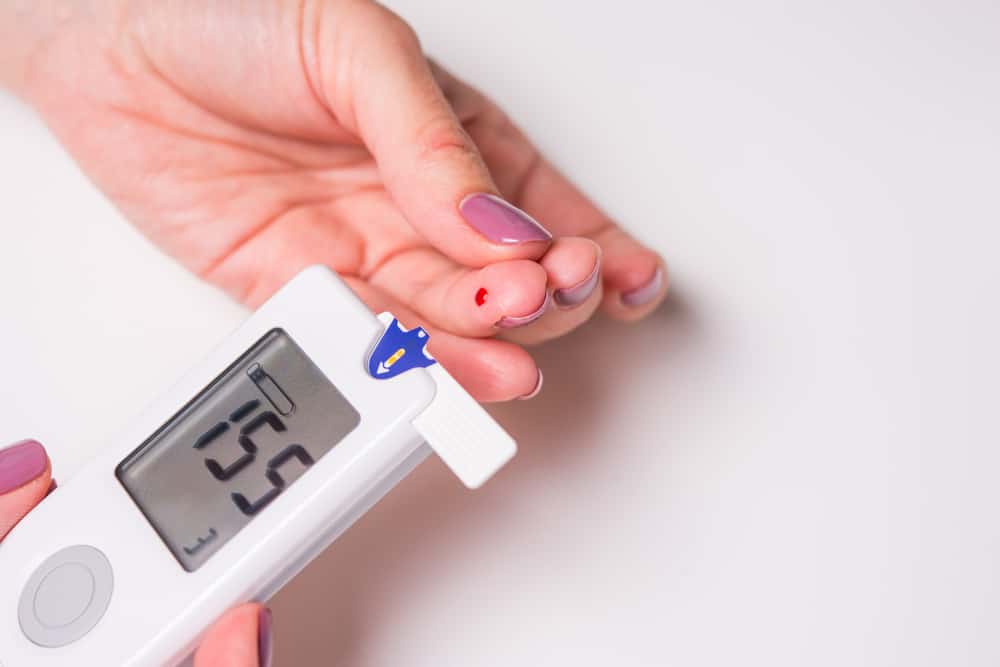Contents:
- Medical Video: Pharmacist Discusses Medications for Kidney Disease
- Drugs that have side effects that can damage the kidneys
- 1. Anti-inflammatory medication
- 2. Blood pressure medication
- 3. Antibiotics
- 4. Other types of medicine
Medical Video: Pharmacist Discusses Medications for Kidney Disease
The function of the drug is to treat certain diseases, but many medicines can actually cause kidney damage or even acute kidney failure. Especially if the drug is consumed in high doses or continuously. Check out some of the drugs that cause kidney damage in this article.
Drugs that have side effects that can damage the kidneys
Apart from functioning as a blood filter and removing body waste, the kidneys also play a role in controlling blood pressure, stimulating the production of red blood cells, and regulating the body's electrolyte levels.
Acute kidney failure or acute kidney injury itself is a condition in which kidney filtration functions decrease suddenly or rapidly. Well, because kidney function filters waste products from the blood, the kidneys play an important role in removing many of the body's medicinal effects. This makes the kidneys vulnerable to injury or damage.
Here are some drugs that can cause kidney damage if not used carefully:
1. Anti-inflammatory medication
Non-steroidal Anti Inflammatory Drugs (NSAIDs) are usually used to treat fever, swelling and joint pain. One way this drug works is to dilate blood vessels. But the effect will reduce blood flow to the kidneys and potentially cause damage. NSAIDs can also directly injure kidney tissue. NSAID drugs that are a cause of kidney damage are ibuprofen, celecoxib, naproxen and indomethacin.
Some people who experience kidney damage due to taking NSAID drugs have no symptoms, but when a blood test is done it is known if they have abnormalities in their kidney function. While some others experience symptoms within 3 to 7 days after taking NSAIDs such as rarely urinating, fever, nausea, vomiting, loss of appetite, blood in urine, rash, swelling, excessive drowsiness and confusion.
2. Blood pressure medication
Blood pressure drugs can cause kidney damage by slowing kidney function in filtering blood by reducing blood flow to the kidneys.
Medications that contribute to kidney damage include angiotensin-converting enzymes - ACE inhibitors (such as lyinopril, ramipril, captopril, enalapril) and angiotensin-ARB receptor inhibitors (such as candesartan, losartan and olmesartan). Even so, the use of ACE-inhibitor drugs and ARBs is actually used to protect the kidneys from the effects of destructive diabetes.
3. Antibiotics
Antibiotics are drugs to fight disease-causing bacteria in the body. However, there are certain antibiotics that will cause kidney damage. Some of these drugs will have more kidney side effects than others such as aminoglycosides, cephalosporins, amphotericin B, bacitracin, and vancomycin. This drug can damage kidney cells by breaking down the membranes that surround it.
Symptoms of kidney failure due to taking antibiotics too long in high doses include rarely urinating, dark urine, easy bruising and muscle aches. Because some of the antibiotics already mentioned have the potential to cause kidney damage, that is why doctors often recommend patients to run blood tests to determine kidney function and drug levels in the blood regularly.
4. Other types of medicine
In addition to those described above, there are also various other drugs that can cause kidney damage, namely:
- Acyclovir - a drug used to treat viral infections
- Medications for prevention of ranitidine heartburn and omeprazole
- Seizure drugs phenytoin and the allopurinol drug that can cause gout
- Drugs used in cancer treatment (chemotherapy), such as cisplatin, carbloplatin, and methotrexate.
So, if you are routinely consuming several types of drugs described above, you should regularly consult a doctor to minimize the side effects of these drugs. Because in some cases, damage to the kidneys can still be repaired. But in some other cases permanent damage occurs and the treatment is only by doing a kidney transplant (kidney transplant).












